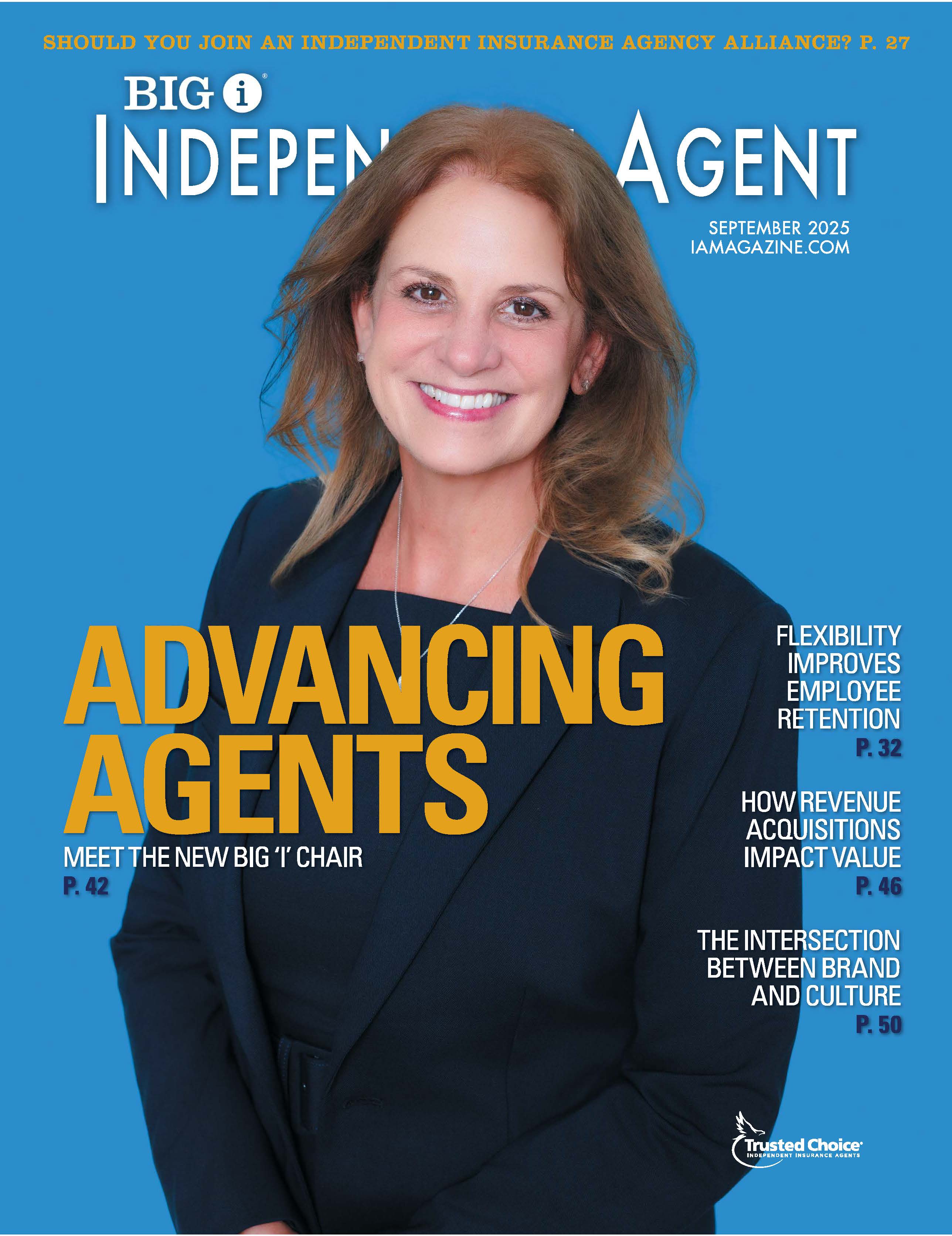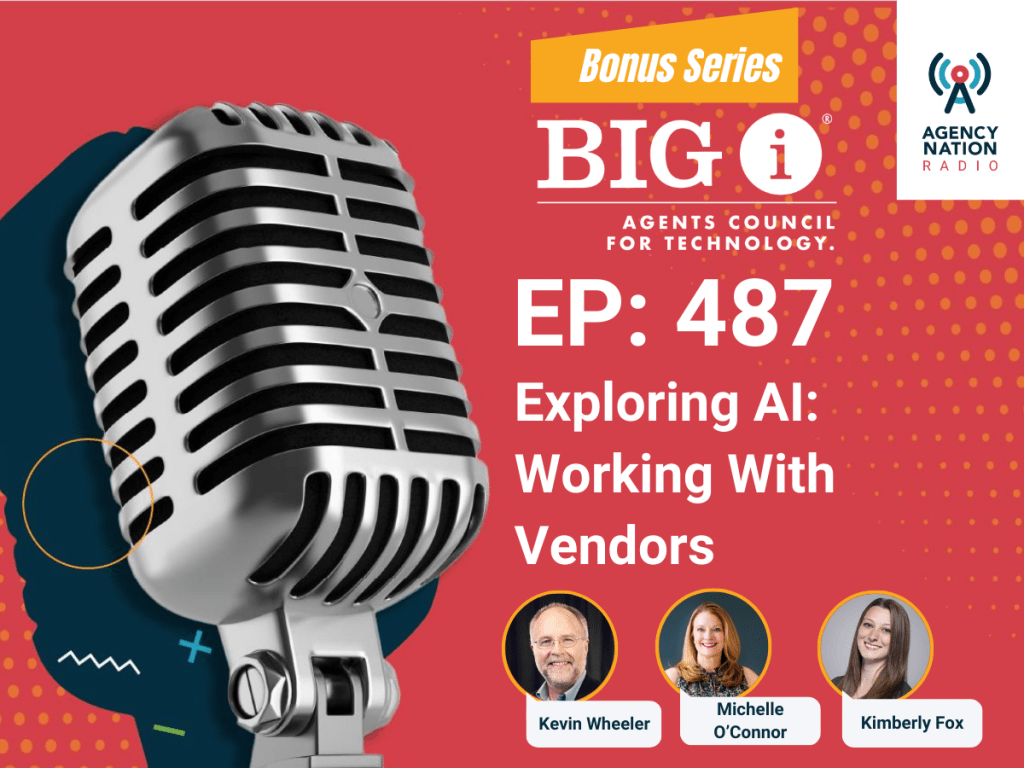Letter to the Industry: 4 Pillars Driving ACT’s Path Forward

By: Chris Cline
Some exciting things are happening at the Big “I” Agents Council for Technology (ACT) these days. In addition to celebrating our 25th anniversary of helping independent agencies and the industry understand and maximize InsurTech opportunities, ACT is amidst a strategic review and shift to reflect the rapid pace of change and the increasingly diverse needs of our members and the industry.
During Ivans Connect in September, ACT hosted a highly interactive session, “A Letter to the Industry.” The concept was simple: Invite industry leaders from all major stakeholder groups—agents and brokers, carriers and technology providers—into the same room to create a common framework to forge a path ahead and facilitate engaging conversations.
Why? Simply put, it’s time to change what we are talking about and how we are talking about it. This session was intended to help us generate a “letter to the industry” leveraging the insights from those in the room to shape how ACT can better enable critical conversations and offer insights to our members and stakeholders.
Nearly 100 attendees chose to participate in any or all of the facilitated roundtable discussions focused on data, connectivity, artificial intelligence (AI), and people and culture. These four topics are the focus of ACT’s updated strategy. Feedback from attendees strongly supports that we are thinking about focusing on the right areas for the future.
At each table, ACT’s carrier and technology partners facilitated an open and candid conversation using the same conversation points. Here are some of the key takeaways from each topic:
Data. There is universal agreement that data is a critical asset in making more accurate and efficient decisions. The general sentiment is that data is still too fragmented, sits in too many disparate systems—even in the same companies—and is difficult to transfer between systems and partners. Overall, the industry needs to come together for better standardization, efficiency and accuracy of data sharing, and a more common view of each other through transparency in data.
Connectivity. Integration between systems and tools is critical for efficiency and accuracy. Yet, there are still meaningful gaps. Although there is general awareness about new tools and capabilities, there is a knowledge gap about what tools work together, what options exist in connecting systems, and the challenges that are created for all stakeholders when tools are built without a focus on connecting with others. Also, there is a strong desire for better coordination and communication among stakeholders, and the critical role of standardization in driving usability and security.
AI. Despite skepticism and concerns about what AI could mean to the industry, there is an overarching excitement and desire to learn more about ways to benefit. Even though available information about use cases and viable, commercially available AI-driven products is disjointed and inconsistent, nearly all stakeholders are aligned on the potential benefits of AI, such as increased efficiency, accuracy and growth, as well as the ability to handle routine and repeatable tasks, thereby enabling humans to focus on things that bring greater value. Ensuring that AI deployments are safe and aligned with a company’s specific goals is key to future adoption.
People and culture. Focusing on people and culture is critical as we continue to navigate staffing challenges. Dynamics, such as remote work, generational preferences, disparate tools, digital expectations and different operating models, make it harder to find, hire, train and integrate staff.
Insurance will remain a relationship business but we must consider our team and customers while driving technology.
This is all great, actionable stuff. These agreed-upon needs and expectations should help us facilitate a new working group model to drive different conversations and beneficial outcomes for our independent agents and the industry.










